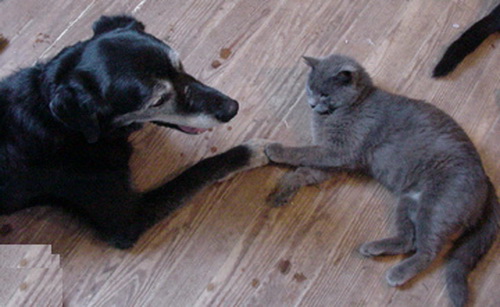
When Your Pet Becomes A Senior
When your pet becomes a senior, there are a few things you need to be aware of. First and foremost, their senses will usually decline. In fact, deafness and blindness are generally encountered in aging dogs. However, because vision is not their primary sense (smell is), they can quickly get accustomed to a decreased sense of vision. They might experience episodes of stiffness, and when this happens it is recommended that you visit a veterinarian. Generally, the stiffness occurs as a result of arthritis; and fortunately it can be managed with medications. There are many other physical signs of declining health that you should be aware of.
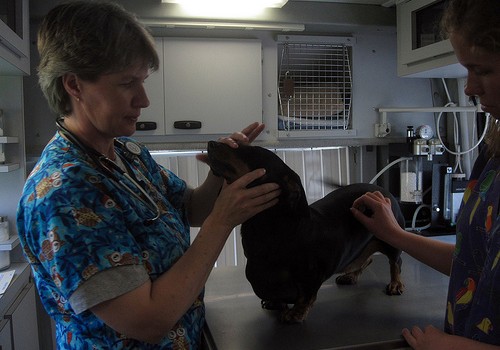
Regular Veterinarian Checks
Veterinary visits should become more frequent with older pets. In fact, according to the American Animal Hospital Association, older dogs should have veterinary check-ups at least twice a year (every six months) and more, if there are any arising health concerns. According to your dog's breed, there are common issues to which it might be predisposed such as diabetes, arthritis or kidney problems, just to name a few. It is important to discuss with your veterinarian and find out what might be the presenting symptoms of those diseases, just so you can keep an open eye. Generally if they are caught early enough, they can be treated.
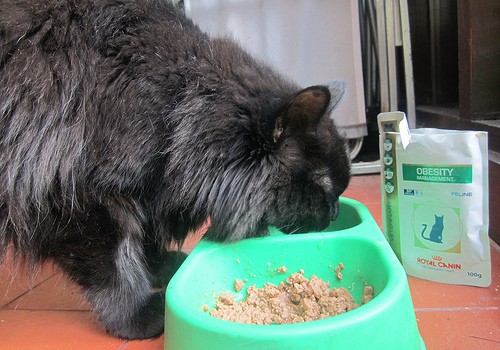
Choose The Right Feeding Regime
Veterinary check-ups are also the right opportunity to discuss about diet adjustments for your aging pet. Undoubtedly, it is important to eat healthy at all ages. However, a healthy diet is much more important when old age because it can help maintain the energy needs of your body, boost your immune system and help you fight infections. And this applies to your pets as well! Additionally, a proper nutrition can help them stay active and playful. Discuss with your vet on what the best options for your dog are. He might be able to suggest to you some brands, or even some recipes!
- Important notification about information and brand names used in this slideshow!
- Photo courtesy of Annie Mole by Flickr : www.flickr.com/photos/anniemole/6108477824/
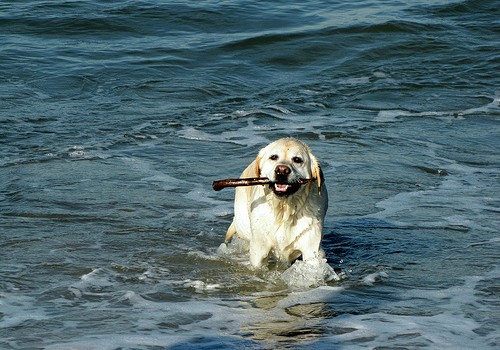
Get It To Exercise
The older the dog gets, the lazier he becomes. But that doesn't mean that you should let it sit around the house doing nothing, and making his situation worse. Get your dog to exercise! Your pet might not be able to follow you every morning for your long jogs anymore, but he surely can still enjoy a peaceful late afternoon walk. Exercising will surely help in keeping your dog healthy, both physically and mentally. In addition, it is recommended to take your dog out after every meal, before bed time and early in the morning. It helps in blood circulation.
- Important notification about information and brand names used in this slideshow!
- Photo courtesy of Rohit Chhiber by Flickr : www.flickr.com/photos/rohitchhiber/4764722526/
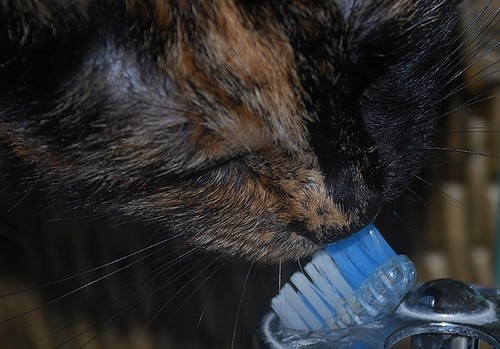
Maintain Dental Hygiene
Your dog's teeth are its most important tool, when it comes to eating. And because they tend to weaken and fall with age, you need to be a little more watchful regarding your pet's dental hygiene. Older pets are more prone to dental infections. If neglected, tartar buildup in the teeth can predispose to bleeding, gingivitis or any other infection that could disseminate to all the other organs through the blood. And because your pet's immune system is weakened with age, the infection develops faster than normal. Henceforth, regular dental care is very important in maintaining your dog's health in the old age!
- Important notification about information and brand names used in this slideshow!
- Photo courtesy of JustUptown by Flickr : www.flickr.com/photos/justanuptowngirl/1448692361/
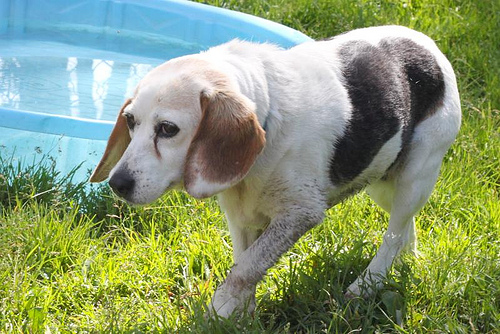
Watch Out For Its Sight!
If the popular culture tends to identify elderly people with the wear of glasses, it's for a reason: aging comes with visual problems, and this is as true in humans as it is in pets! With the old age, the eye lens tends to progressively lose its elasticity, making it more and more difficult to see objects that are further away (near sightedness remains, however). So be mindful of that when dealing with your elder pet: bring his feeding bowl closer, pay attention to its sight problems, remove all harmful objects from its path. don't play too far away from the house (otherwise it might be difficult for your dog or cat to find its way back home).
- Important notification about information and brand names used in this slideshow!
- Photo courtesy of Jody by Flickr : www.flickr.com/photos/cvalentine/9423819475/
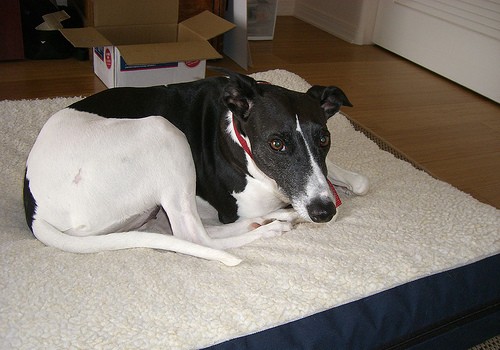
Make Things More Accessible
For the same reasons, make things more accessible for your dog. It is important to keep your pet closer to you as they get older, because they still need to feel that warmth and love that they are used to. Moreover, if your pet is closer to you, you will be better able to attend to its needs in case of emergency, and even for an emergency hug! henceforth, Allow your pet to have an easy access to all of the important places. Make feeding easier by bringing its house closer than where it currently is.
- Important notification about information and brand names used in this slideshow!
- Photo courtesy of mr_tentacle by Flickr : www.flickr.com/photos/mr_tentacle/479086606/
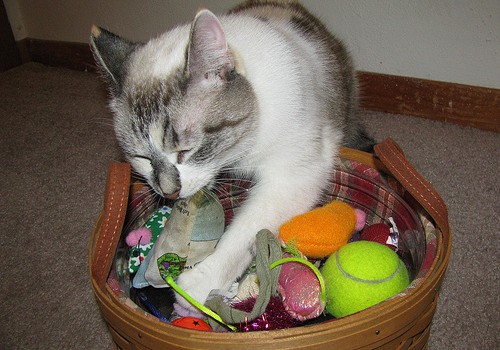
Mental Training
Mental training is great to keep your oldies dog's brain working. Just like with humans, the more active your pet's brain is, the better off it is and the less likely it is to "go south". Furtherrmore, if your cat gets bored, he is more likely to develop a destructive behavior than a positive one. There are a few exercises that you can do to keep your pet's brain entertained. For instance, you could try: - Giving it new toys to play with and exchanging them with the old ones; - Engage your dog in a Dog Memory game or Dog Dominoes; - Run small errands with your dog (go to the mailbox, stop at a friend's house, etc.) You could also introduce your dog or your cat to new faces (but taking it to the park for example). This will keep its brain active by stimulating its senses, as it will discover new smells, new sounds, new butts to sniff, etc.
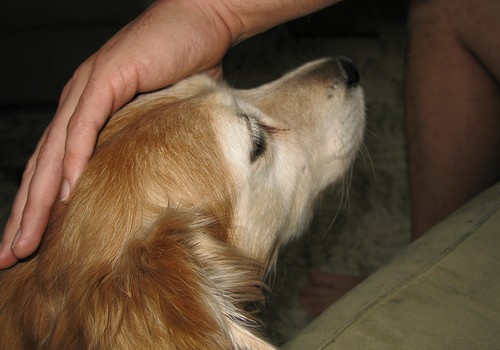
Show Some Love
And lastly, show some love. We all need love, old or young. Pets can particularly feel that. More importantly, they can feel the lack of love when they get older, and that may cause them to become isolated and sink into depression (which in turn will "depress" the immune system and make your pets more prone to infections). So show your pet some love! Play together, give them treats (a lot of them!) to reward them for good behavior, or simply because you love them. Some dogs enjoy warm soapy baths and scrubs, so you should also consider that. And yes, you can tell them "I love you"!
- Important notification about information and brand names used in this slideshow!
- Photo courtesy of Daniel M. Hendricks by Flickr : www.flickr.com/photos/hendricksphotos/3339090581/
- thebarkpost.com/10-ways-to-show-your-dog-you-love-them/
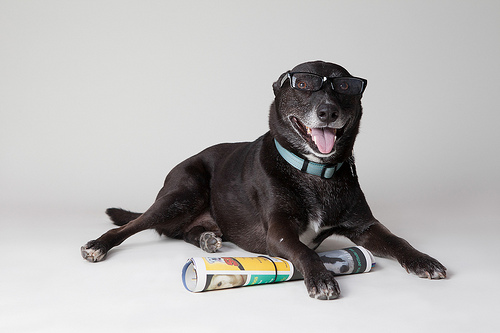
About Pet Health In Older Age
Just like humans, pets get old too! And believe it or not, the signs of aging in a pet are almost as noticeable as with human beings. As your dog gets older, his energy levels decrease. This means for instance that he can get tired easily, or might not be able to run as fast or as often as he used to. Also, as a general physiological change with aging, blood vessels elasticity decreases; which means less blood flow to the organs including the brain (shortened memory, diminished reflexes), the digestive system (poor feeding), the skin (fur loss).
- Important notification about information and brand names used in this slideshow!
- Photo courtesy of Found Animals Foundation by Flickr : www.flickr.com/photos/foundanimalsfoundation/8055196341/
- http://www.petmd.com/cat/centers/nutrition/slideshows/how-to-care-for-senior-pets#.UgImx9IeB5v http://www.tailsawagginonline.com/aging.html





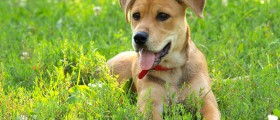
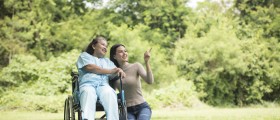


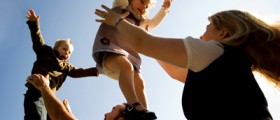

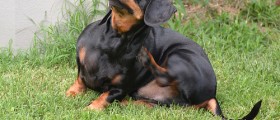


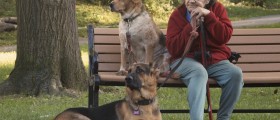



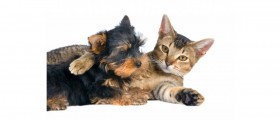
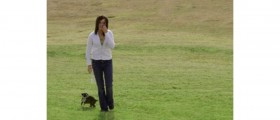





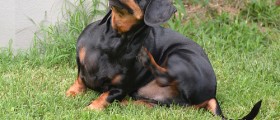
Your thoughts on this
Loading...